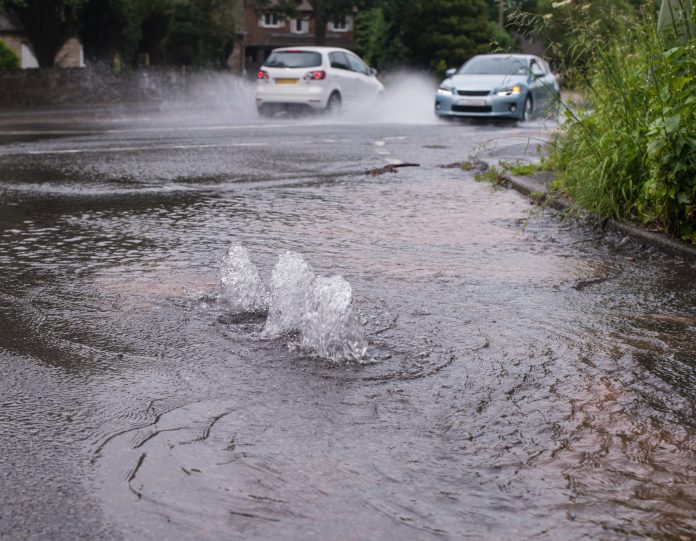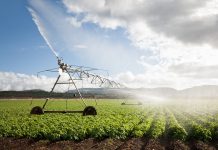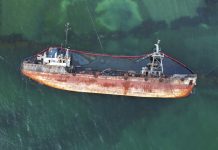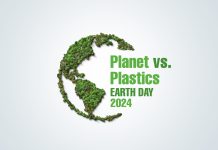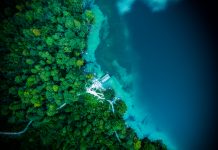Civil society is calling for a bold new European water strategy, according to Pietro Francesco De Lotto, President of the Consultative Commission on Industrial Change and EESC Member
Water is our most precious resource on Earth. It is vital for life, human health, ecosystems, and our economies and societies. Yet, the world is facing a serious water crisis.
According to the United Nations, 2 billion people globally cannot access clean and safe drinking water, and the water demand in urban areas is perceived to increase by 80% before 2050. (1)
The Global Commission on the Economics of Water warns that we will face a 40% shortfall in freshwater supply by 2030, with severe shortages in water-constrained regions. (2)
A European water strategy to change and protect lives
Europe is not spared from the implications: water scarcity and droughts are becoming more and more frequent in ever larger parts of our continent, and every year around 30% of Europe’s population is affected by water stress – a mismatch between the demand for water and the available amount over a certain period. (3) Climate change alters rainfall patterns in the European Union (EU), impacting the amount of water available for agriculture.
These developments raise concerns over the water supply for human consumption and the environment, disturb food and energy production and industrial activities, and will increasingly lead to political and social unrest in many EU Member States.
Legislation for freshwater and marine resources
The EU has enacted legislation to protect and manage freshwater and marine resources. However, progress has been slow, and efforts fragmented, uncoordinated and lacking a critical mass of supportive funding. Water has not been sufficiently considered in policymaking, and the EU is currently not on track to achieve water-related Sustainable Development Goals.
Water leakage rates reach over 50% in some EU countries, and lack of access to safe water and sanitation is already an issue affecting millions of Europeans daily. EU industrial policies fail to recognise the importance of water for our industries in all its aspects.
In light of this, the European Economic and Social Committee (EESC), a consultative body of the EU representing employers, workers and organised civil society, underlines that a scale change is needed in European water policies. The EU has been lauded for its efforts to tackle climate change with the EU Green Deal.
What is needed now is an ambitious, holistic and forward-looking European water strategy on a par with the EU Green Deal and complementing it. This is why the EESC will call on the European institutions for an EU Blue Deal: a comprehensive set of principles, actions and key milestones to address the global and local water challenges.
A change in thinking to tackle the water crisis
Tackling the water crisis requires a change in thinking about how we use and value water in all areas of society. Our Blue Deal flagship initiative includes proposals to strengthen and integrate sustainable water management in all EU policies, including agriculture, industrial and consumer policies.
The EU’s Common Agricultural Policy (CAP) should further encourage sustainable and efficient water management with specific indicators to monitor progress. The EU also needs a roadmap supporting industries in becoming water efficient incrementally, with a sectoral approach and fully considering the energy-water-critical raw materials nexus.
Our Committee calls for a human rights-based approach to water access and tackling water poverty. We advocate for increased investments in crucial EU water infrastructures and measures to support European water technologies and innovations. Furthermore, the EU Blue Deal must include:
- Dedicated financing instruments.
- A suitable governance framework.
- Foster blue diplomacy to support this work in the international scene.
- Finally, we call for more available and reliable data and foresight on water to support these policies.
Is the EU the frontrunner in water policy?
The EU can position itself as the frontrunner in water policy. To support the transformation of our society, the EU needs to take an ambitious path of action and set an example, including in terms of regulatory responses, for the rest of the world.
A holistic approach to sustainable water management will bring opportunities for Europe through better preparedness, resilience and competitiveness, as well as new markets, jobs and skills related to water-efficient products and technologies that will be in high demand in the future.
On 26th October 2023, the EESC will call on the European institutions for an EU Blue Deal. We aim for the European Commission to adopt water as one of its political priorities for its next mandate and the years ahead.
This cannot be achieved without collective action and partnerships, so our Committee is working closely with key stakeholders and policymakers in Europe and internationally on the Blue Deal initiative. We will undertake follow-up actions in the months and years to come to make sure that a new and comprehensive European water strategy is delivered.
The March 2023 UN Water Conference called for game-changing approaches to tackle the global water crisis. A dedicated, comprehensive and ambitious water strategy should be Europe’s answer to this call. It is time to step up our actions in securing this precious resource for our entire society and future generations. It is time for an EU Blue Deal.
References
- The United Nations World Water Development Report 2023: Partnerships
and cooperation for water; executive summary – UNESCO Digital Library - https://turningthetide.watercommission.org/
- EEA report “Water Resources across Europe – confronting water stress: An updated assessment”, 2021.
Contributor Details
Editor's Recommended Articles
-
Must Read >> The importance of water in agriculture


